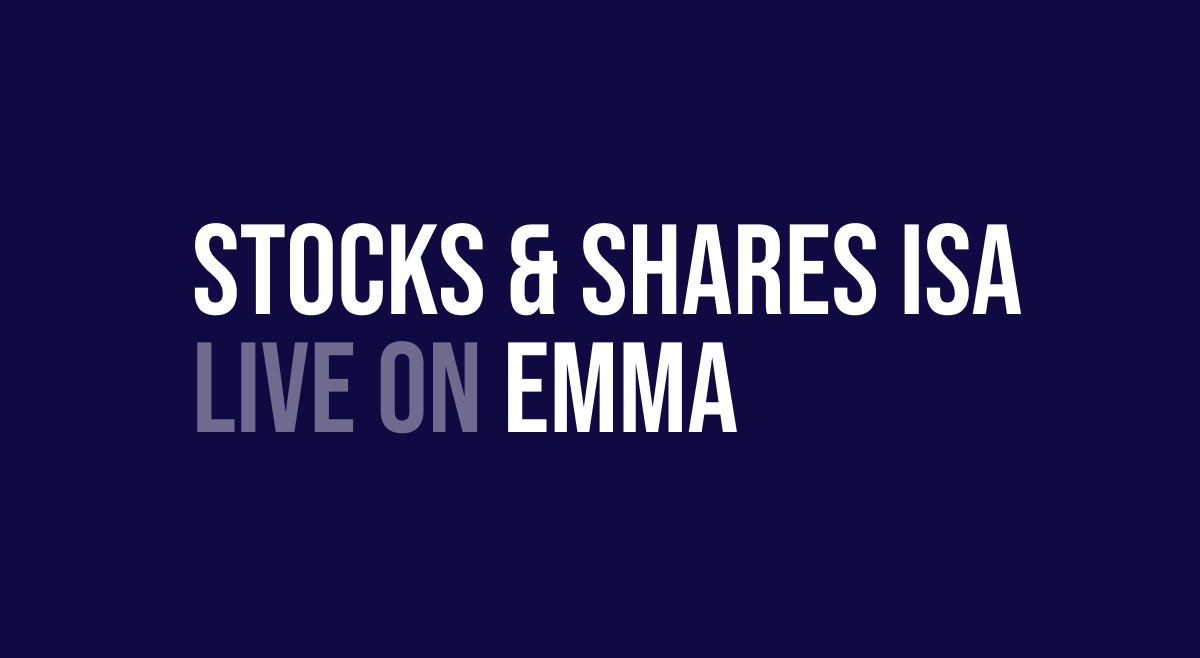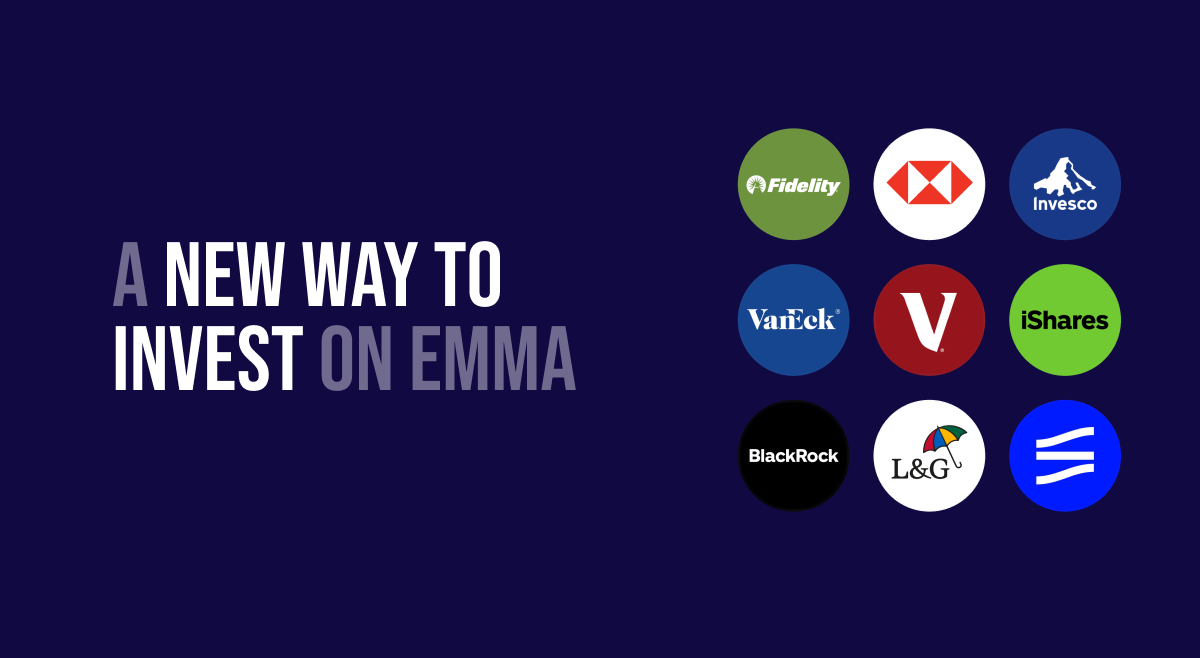FEATURED ARTICLE
Interview with Faith Archer from Much More With Less

Edoardo Moreni
December 12, 2017 •4 min read

As part of our personal finance interviews, we are having a chat with Faith Archer today. She is a personal finance journalist and money blogger at Much More With Less.
Hi Faith, thanks for joining us today. Can you first tell us when you started blogging and why? Is there a specific reason you blog about money?
I actually started blogging at Much More With Less as part of a charity campaign. I took part in Live Below the Line, where you feed yourself on £1 a day for 5 days, to raise funds and awareness of global poverty.
Then when we left London for Suffolk, I expanded beyond frugal food to blog about moving to the country, living on less and making the most of it. I’d like to think I can help people through my blog, by bringing together what I’ve learnt about money from my own experience and as an award-winning personal finance journalist. I was deputy personal finance editor at The Daily Telegraph, then went freelance when I had my children.
Some people think money is boring, but I reckon if you manage your money, it brings freedom and choice. My husband and I chose to prioritise time together as a family, rather than defining ourselves by the money we earn. By rejecting the drive to consume, and focusing on the simple pleasures that money can’t buy, you can enjoy life on a lot less. It also means I don’t just blog about finance, but also about food, flowers, fitness and family life.
You have been writing about finance for years, both as an editor and blogger, what’s the most interesting story you have ever covered?
The funniest story was actually about a retired librarian, who was so frustrated when her water company refused to give her a water meter, that she dug a massive hole to find the right pipe. I’ve never had a faster apology than the right to reply from Thames Water and its contractor.
Right now I’m really interested in the growth of the robo advisors, and other companies using technology to help a wider audience manage their money. No one wants to spend hours on money matters, so I’m all in favour of helping people get a better deal with less time and effort.
What’s the biggest financial mistake you have ever made or witnessed?
I’ve always been boringly sensible with money, but I do regret not starting to invest in stocks and shares earlier. Investing isn’t just for squillionaires or City types in braces and can definitely help make more of your money in the long term.
The scariest financial mistakes I’ve seen involve debt. Thankfully the rules on payday loans are now stricter, but guarantor loans can create a whole new world of pain. Paying down debt, and building emergency savings, are essential to avoid money worries.
What personal finance tools do you currently use to track and manage your money? Is there a particular feature or use case scenario you are looking for?
I’ve been using tools for many years to manage multiple bank accounts and credit cards from one place, first with Egg, then First Direct, and I’m trying out a couple of apps including Emma and Yolt at the moment. However, I’m still forced to rely on my trusty spreadsheets for my full financial picture. The killer app for me would be one that tracks cash accounts, credit cards, investments and pensions in the same place.
As a mum, do you have any specific idea on how you’ll teach your kids financial skills?
The most important part is talking to my children about money, so they start to understand the value of money and the choices it brings. There are so many everyday situations where you can help your children get to grips with cash, like weighing up good deals in the supermarket, discussing household bills, encouraging them to earn money doing jobs around the house or taking them to open their own bank account. Crucially, I’d like to teach them that the most important things in life aren’t things at all.
I actually wrote a blog post about the 10 lessons I’d like to teach my daughter about money.
How often do you check your finances?
It varies. Once a week? Couple of times a month? I’ve automated as much as possible so my money can take care of itself, like paying bills by direct debit and setting up standing orders to fund high-interest current accounts and investments. I also leave a savings buffer in our main current accounts, so there’s little chance of going overdrawn. It means I only need to check when updating our spending diary, or if I might need to move money around to cover a larger payment than normal.
Is there any financial product you would recommend? It can be anything, even your bank.
Make sure you pay into a pension, so you can benefit from free money towards your financial future, as tax relief and contributions from any employer. Otherwise I recommend Chip, the automatic savings app. It works out how much you can afford to save, then transfers small amounts to a saving account. Encourage friends to sign up, and you can earn up to 5% interest, which is far better than you can earn on cash savings from virtually anywhere else.
You may also like
Check out these related blog posts for more tips
© 2026 Emma Technologies Ltd. All Rights Reserved.
Emma is registered and incorporated in England and Wales.
Emma Technologies Ltd is an appointed representative of RiskSave Technologies Ltd, which is authorised and regulated by the Financial Conduct Authority (FRN 775330).
Payment services (Non MIFID or Deposit related products) for Emma Technologies Ltd are provided by The Currency Cloud Limited. Registered in England No. 06323311. Registered Office: Stewardship Building 1st Floor, 12 Steward Street London E1 6FQ. The Currency Cloud Limited is authorised by the Financial Conduct Authority under the Electronic Money Regulations 2011 for the issuing of electronic money (FRN: 900199). For more detail on how your money is protected please see here. You can also find Currency Cloud's Terms of Use here.
Emma Technologies is an Introducer Appointed Representative of Quint Group Limited and not a lender. Quint Group Limited is authorised and regulated by the Financial Conduct Authority (Firm Reference Number 669450). Monevo Limited is an Appointed Representative of TransUnion International UK Limited. TransUnion is authorised and regulated by the Financial Conduct Authority (Firm Reference Number 737740). Emma Technologies introduces customers first to Quint Group Limited, as a licensed credit broker, who then refers on to Monevo Limited.
Emma is registered with the Financial Conduct Authority under the Payment Services Regulations 2017 for the provision of payment services.
Financial Conduct Authority Reg Nr: 794952.
Company Registration Number: 10578464.
Data Protection Registration Number: ZA241546.
All testimonials, reviews, opinions or case studies presented on our website may not be indicative of all customers. Results may vary and customers agree to proceed at their own risk.
Resources: Cancel subscriptions, Cashback offers, Who charged me, Rent Reporting, Budgeting, Investment universe, Emma vs Moneyhub.
Featured cashback offers: Samsung, SimplyCook, NordVPN, Audible, M&S Homeware.









